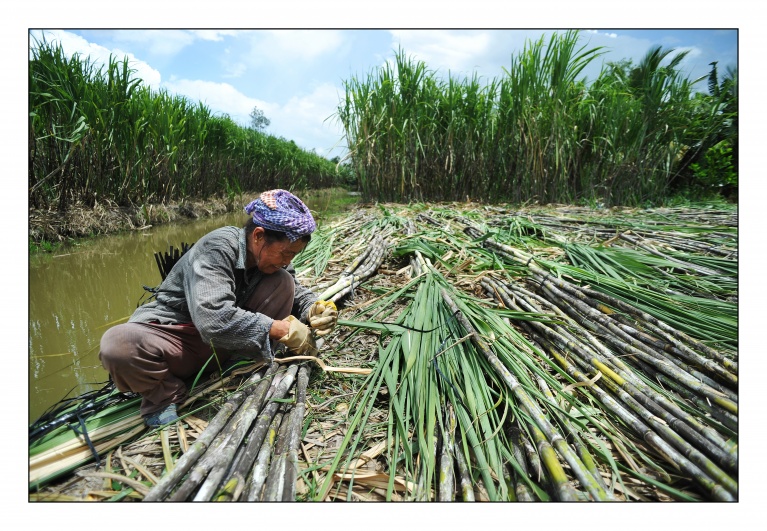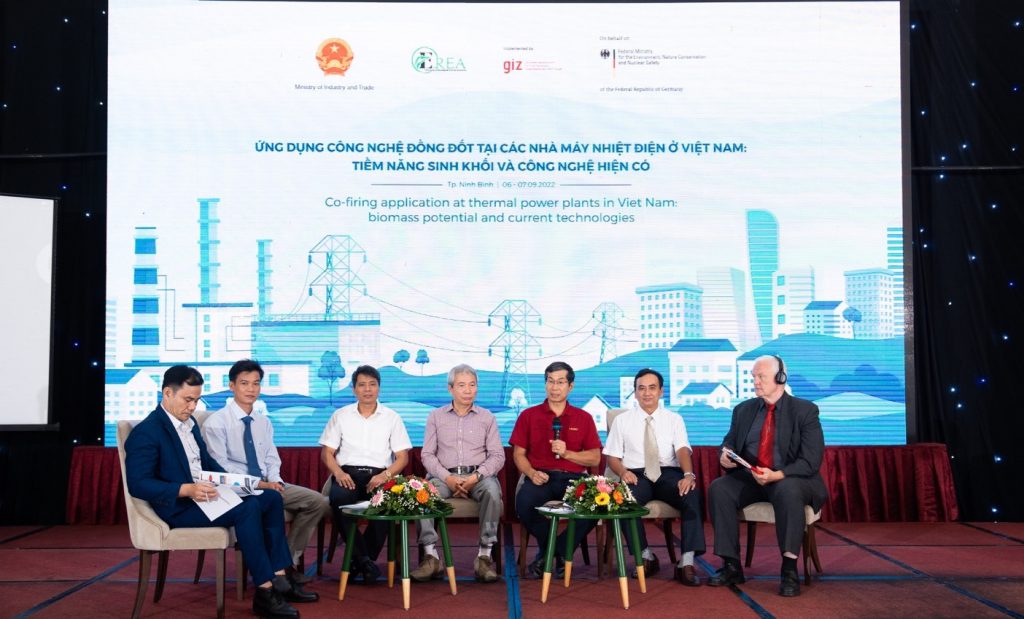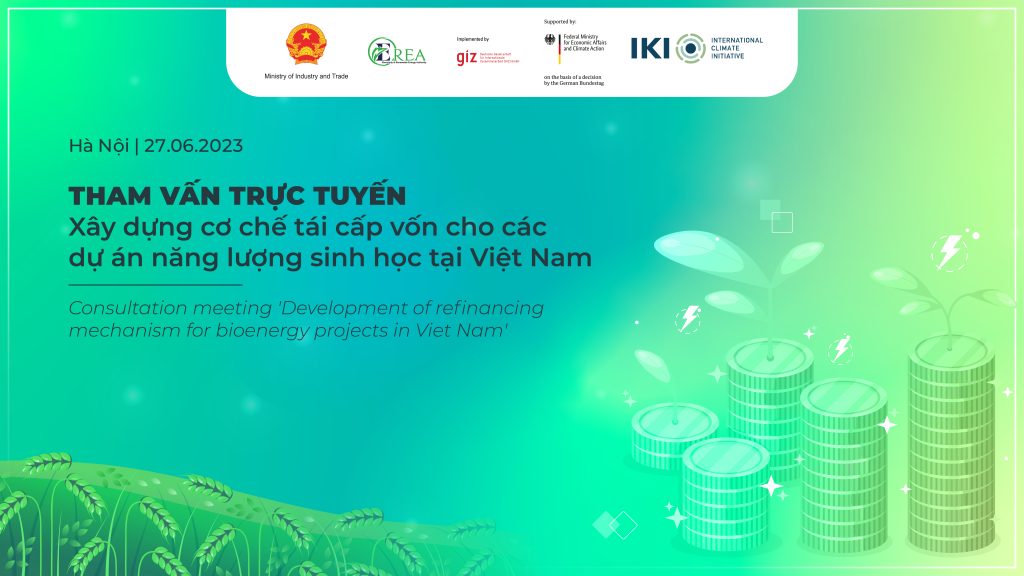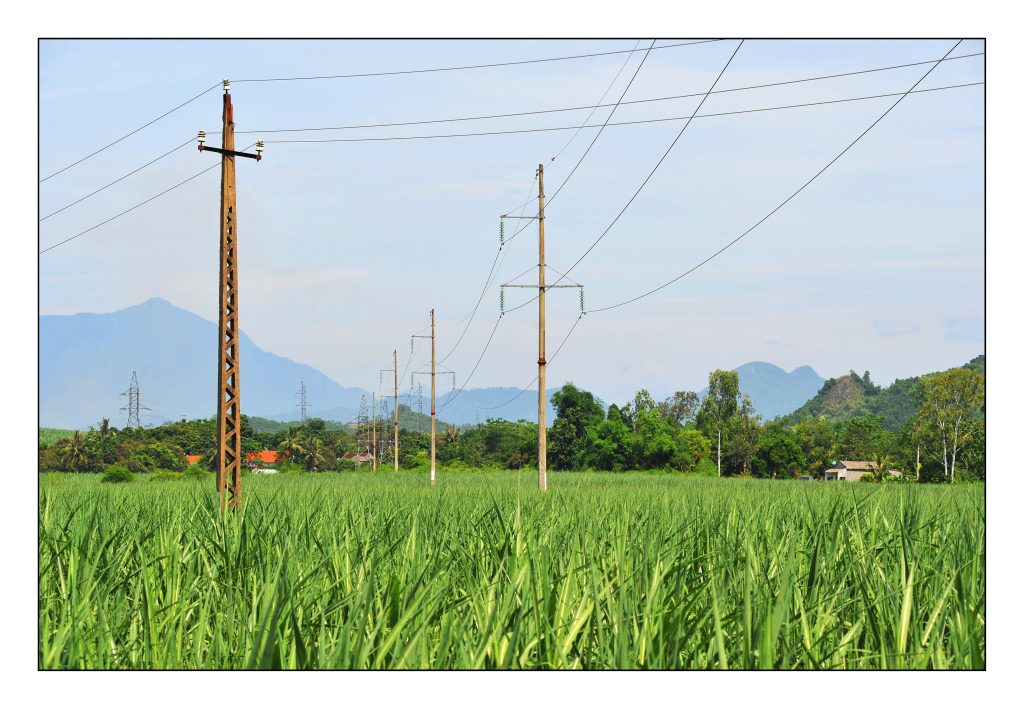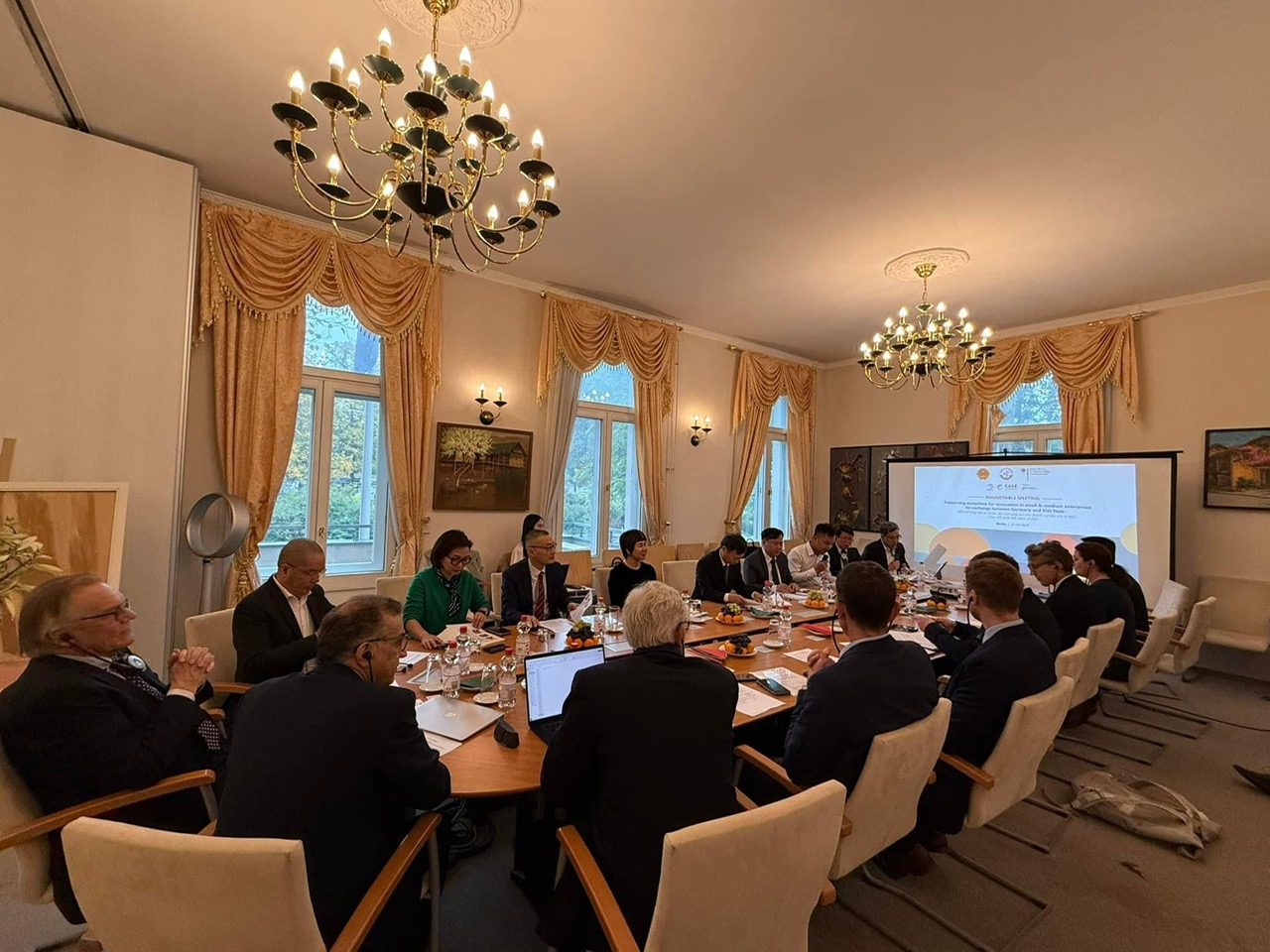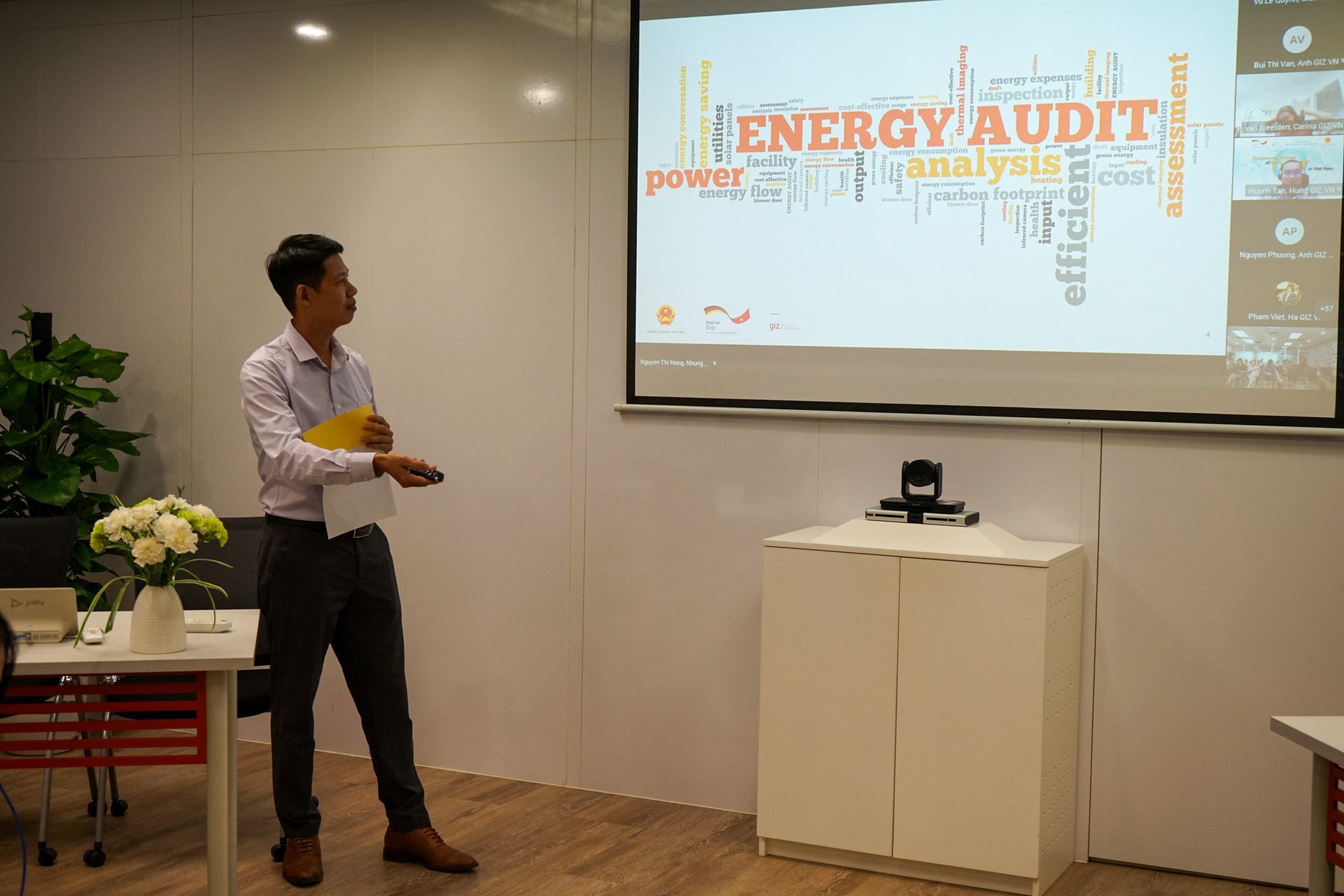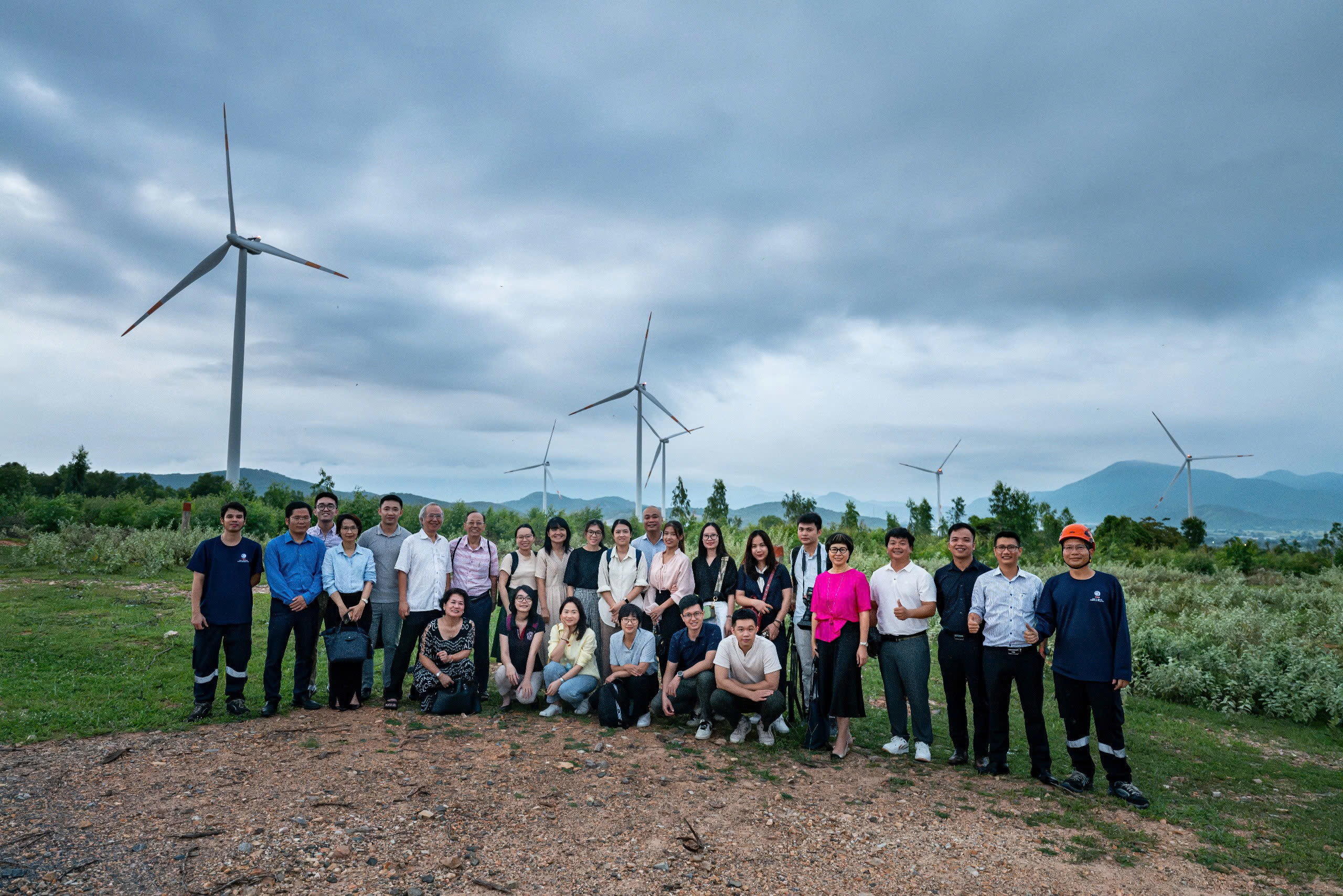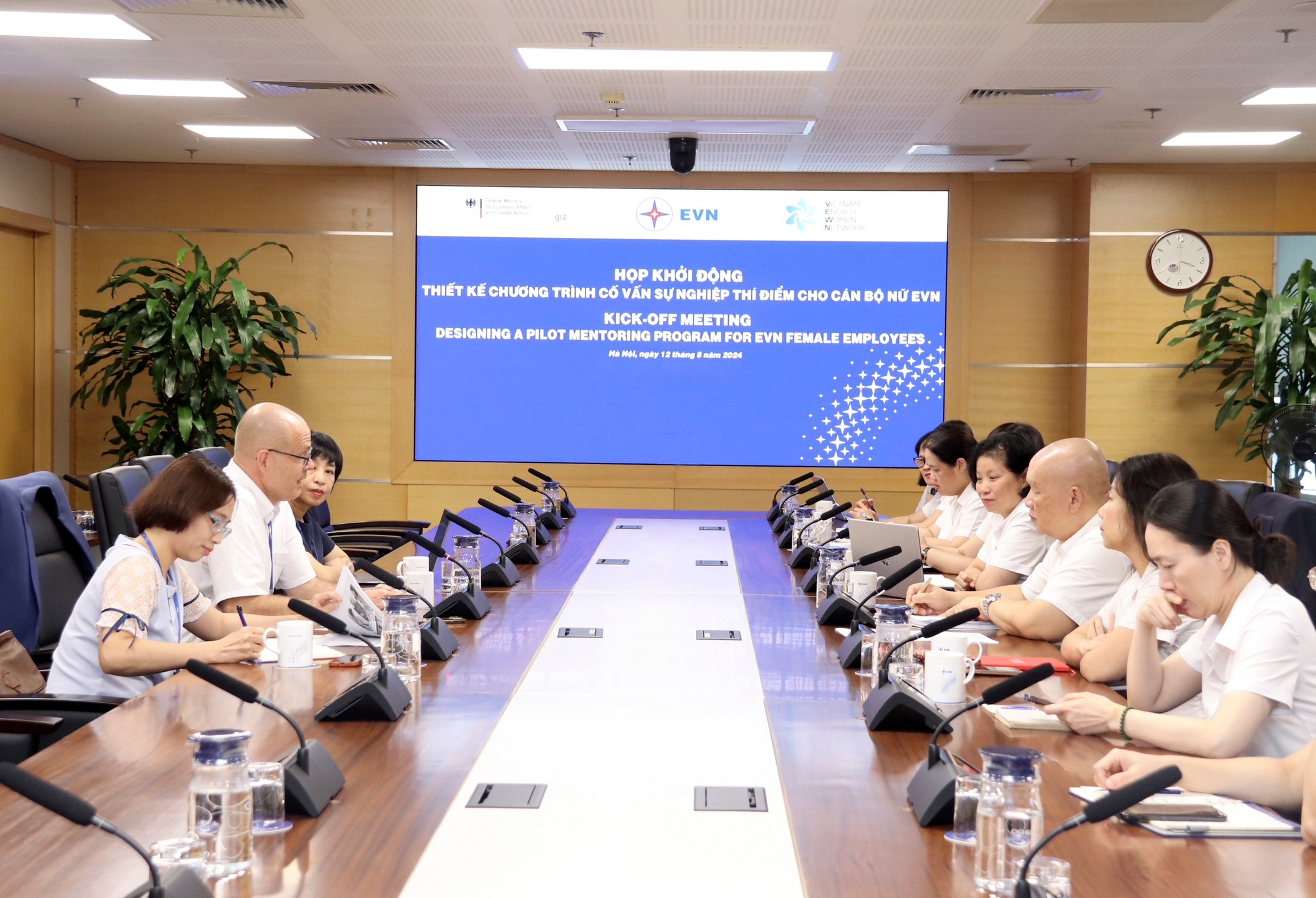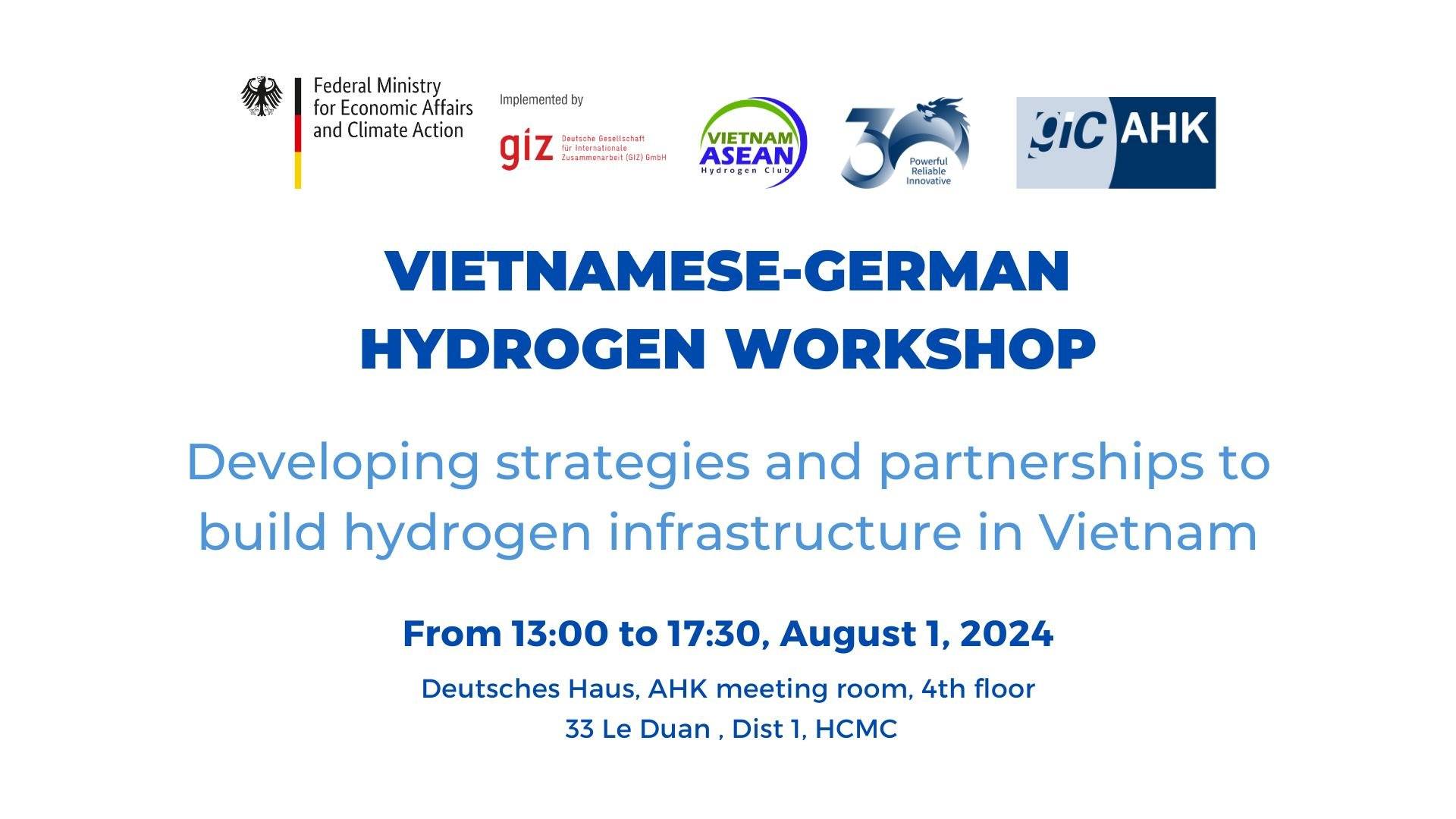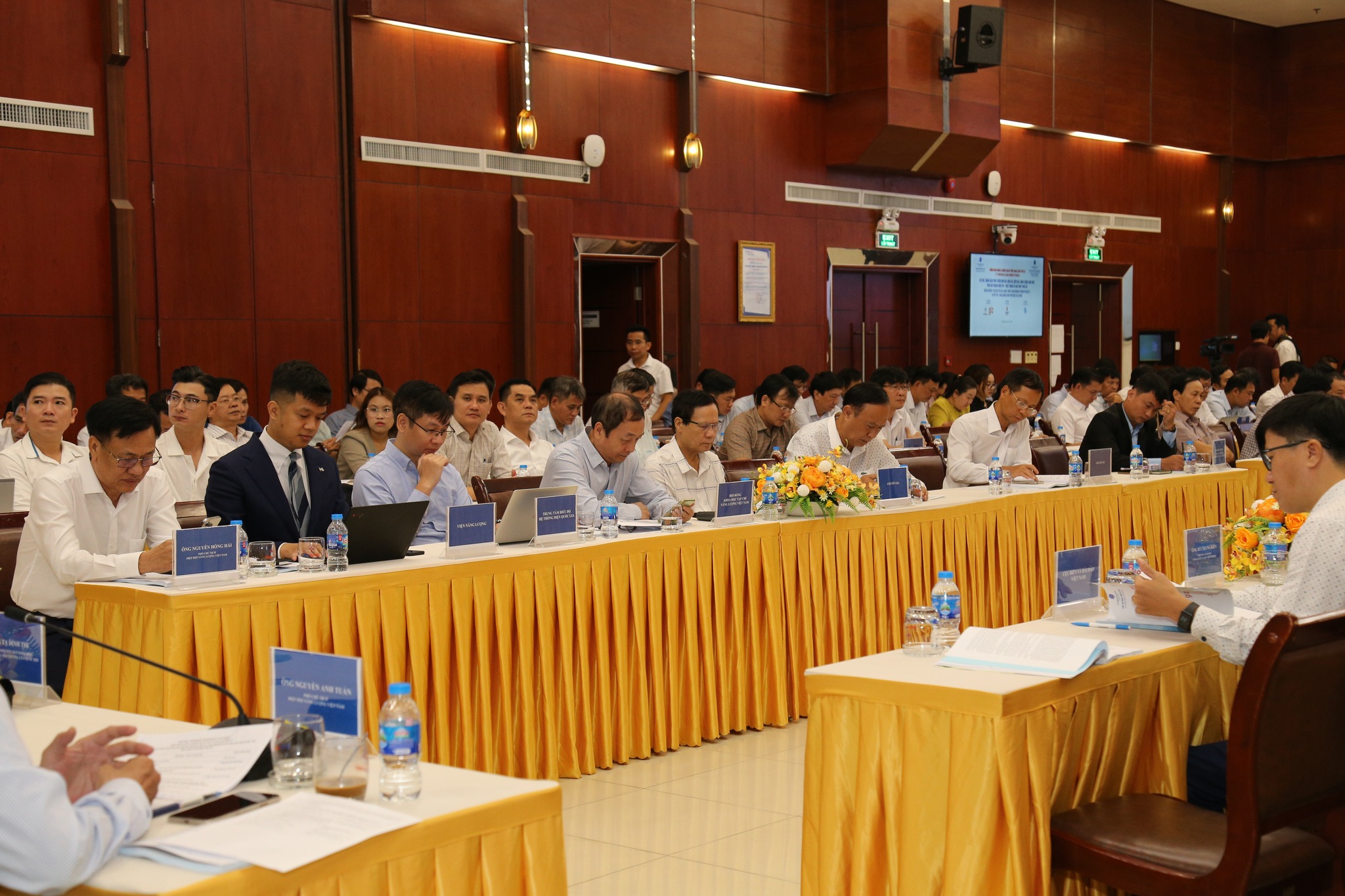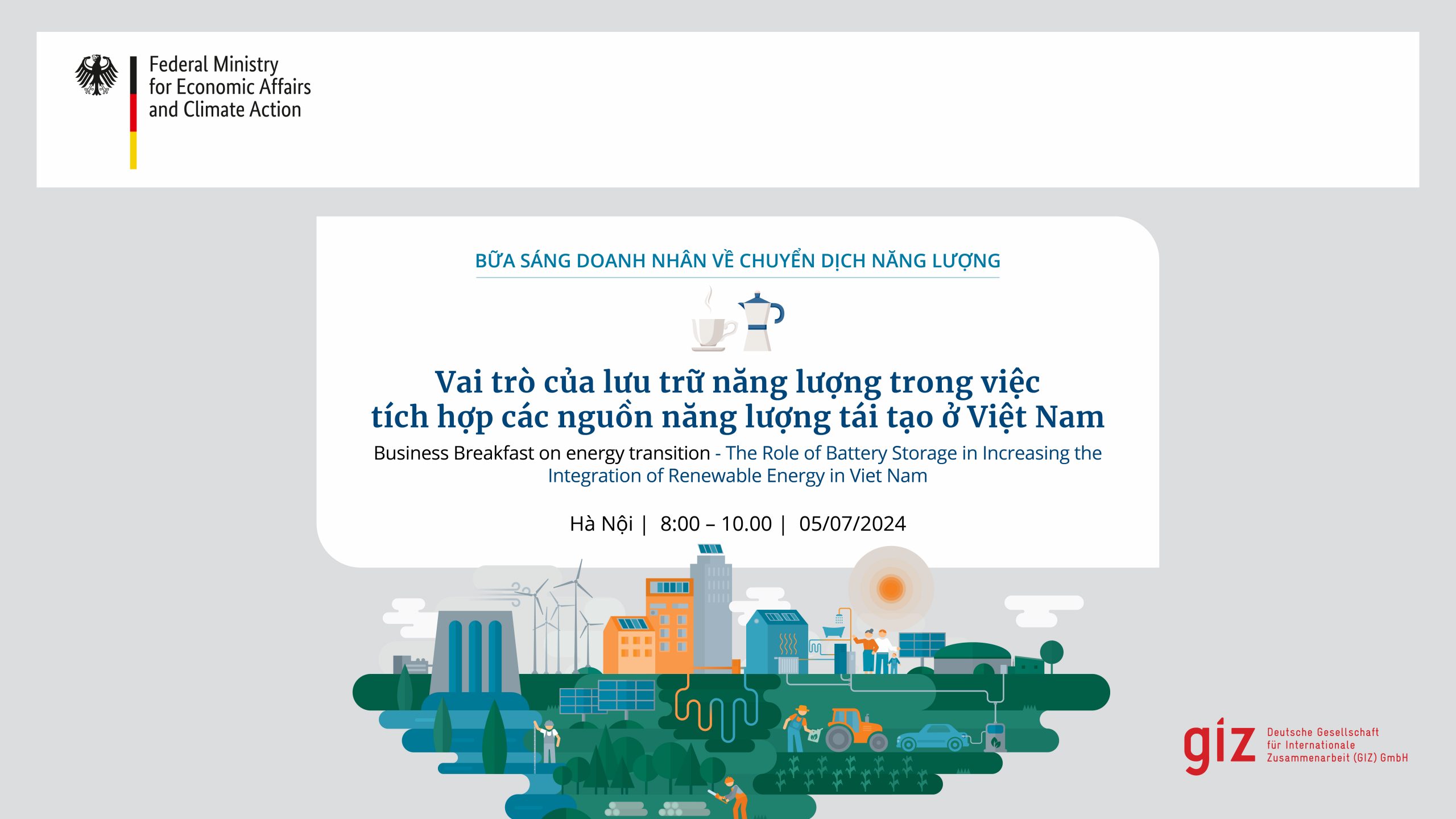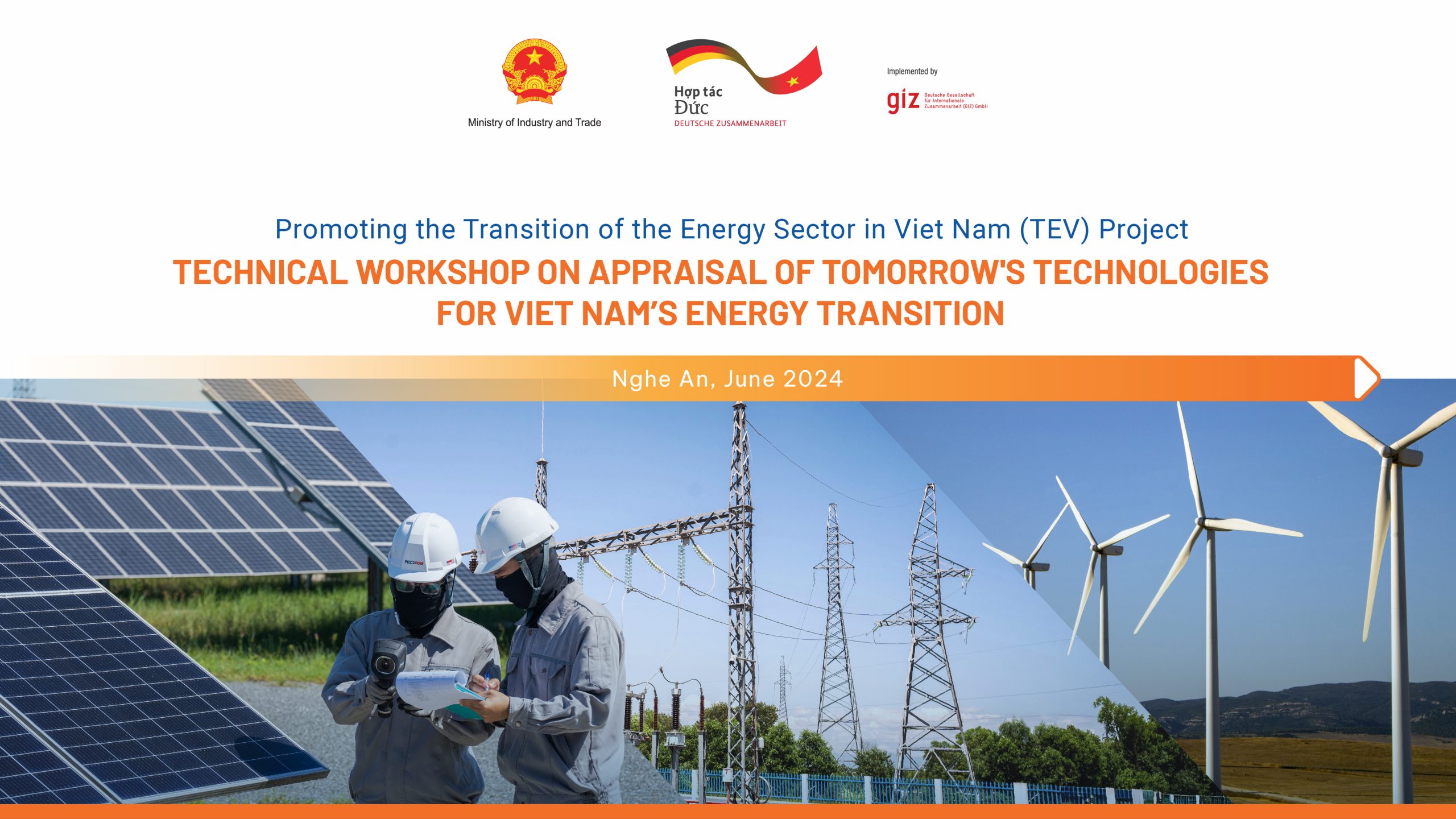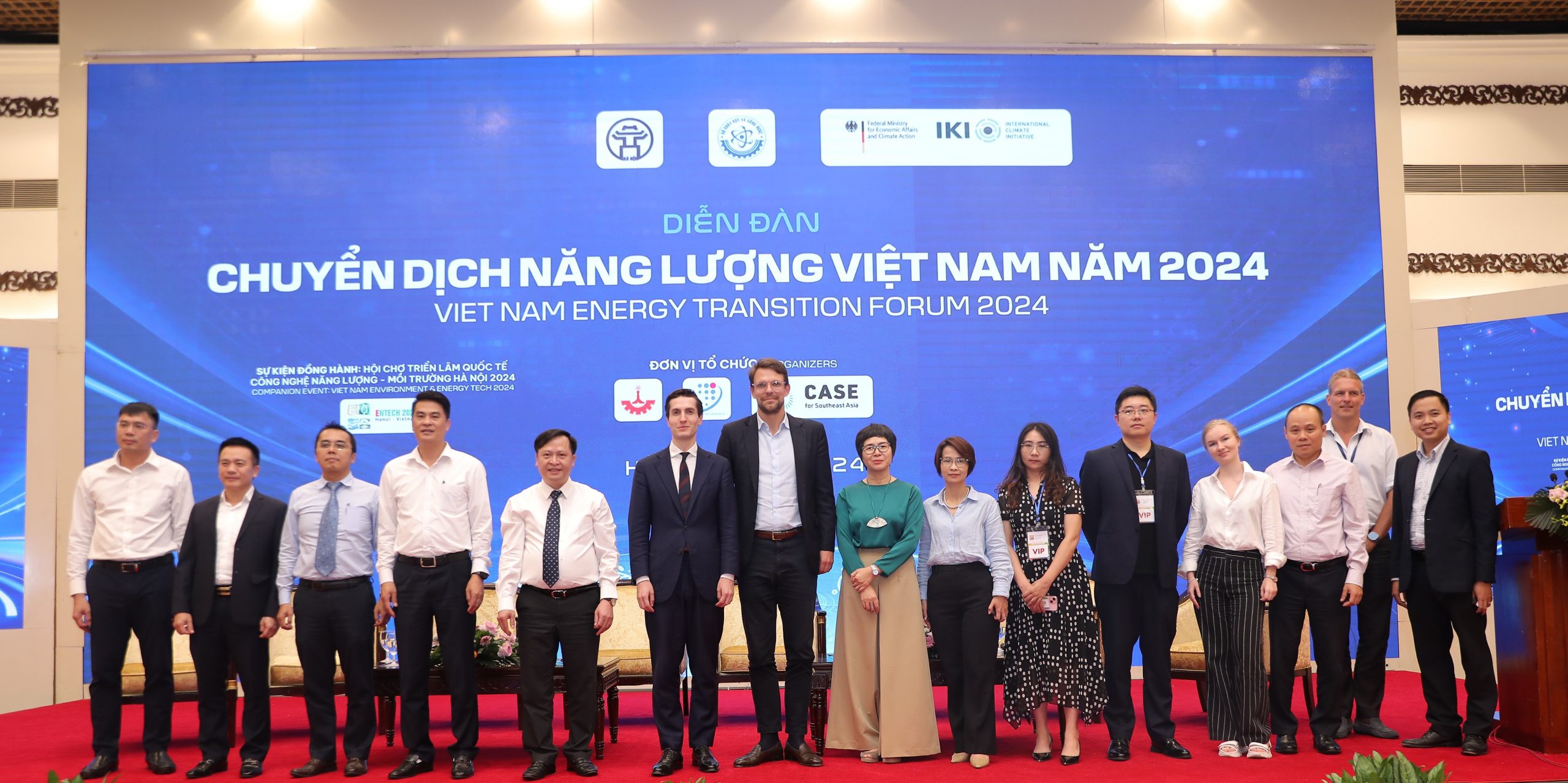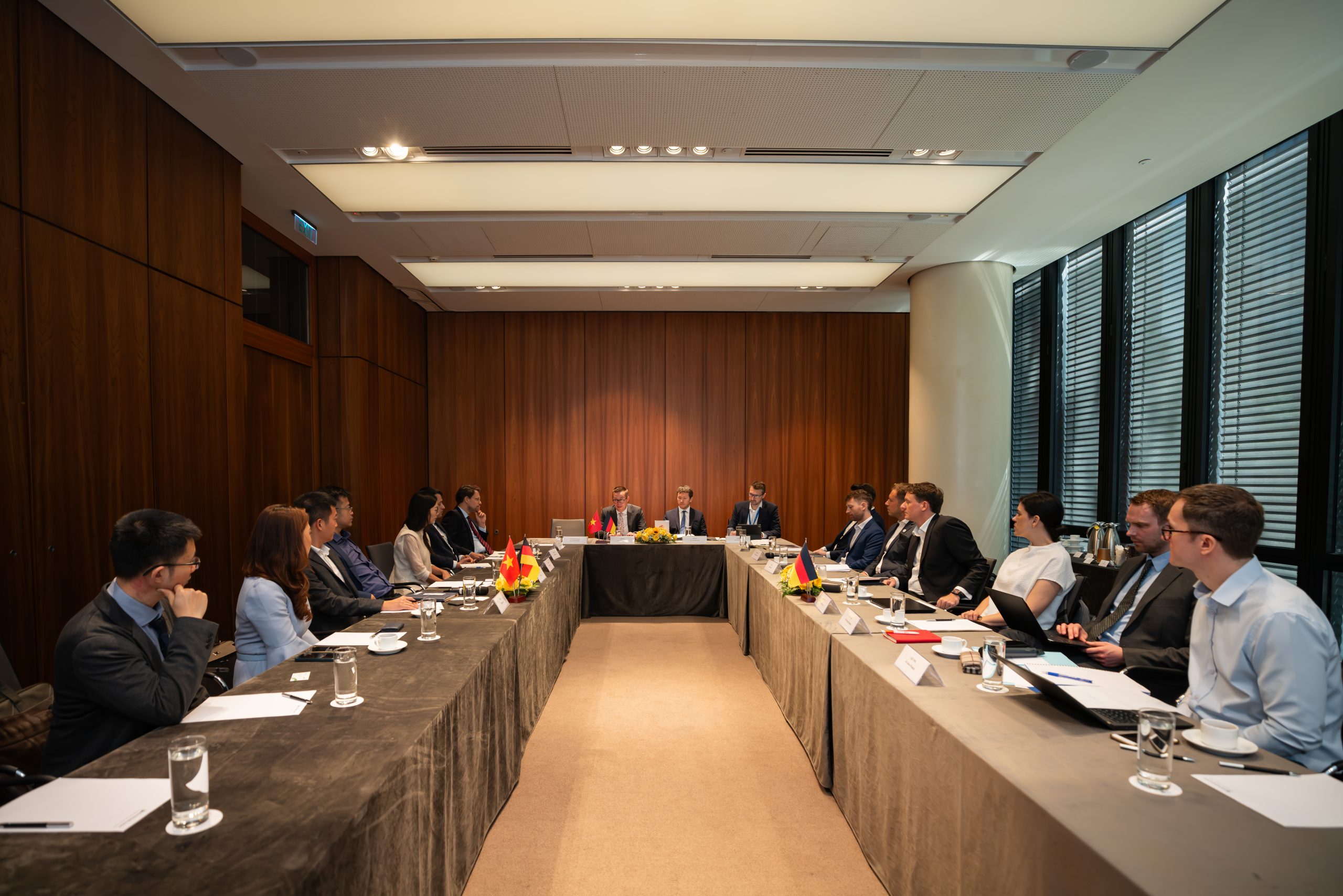On March 5, 2020, the Prime Minister of Viet Nam issued Decision No. 08/2020/QD-TTg on amending and supplementing some articles of Decision No. 24/2014/QD-TTg (dated March 24, 2014) on the support mechanism for the development of biomass power projects in Viet Nam.
The feed-in tariff (FIT) for biomass power projects had noticeable adjustments as per Article 14 of the Decision. The biomass power price applied for co-generation heat power projects will be 1,634 VND/kWh, equivalent to 7.03 US cents/kWh; while the biomass power price for other types of biomass projects will be 1,968 VND/kWh, equivalent to 8.47 US cents/kWh. The tariff is calculated at the central exchange rate of Vietnam Dong to US Dollar and does not include value added tax (VAT).
Deutsche Gesellschaft für Internationale Zusammenarbeit (GIZ) GmbH highly appreciates the adjustments for biomass electricity from the Government of Viet Nam. This is an utmost important foundation to attract more investment in the biomass electricity sector, aiming to achieve the objectives of the revised PDP VII (Decision No. 482 / QD-TTg) setting the goal for biomass electricity production to 660 MW; 1,200 MW and 3,000 MW in 2020, 2025 and 2030 respectively. In 2019, only 175 MW of installed biomass capacity were feeding into the grid.
The EU?Viet Nam Energy Facility (EVEF), implemented by GIZ, has supported the Ministry of Industry and Trade (MoIT) in recent years in the calculation of biomass tariff, including: (1) Summarize international experience as well as assess biomass market in Viet Nam and around the world; (2) Develop a calculation model and calculate the feed-in tariff for co-generation heat power projects (sugarcane), and other biomass sources (agricultural by-products and wood chips); (3) Analyze the possibility of applying tariff for co-firing; (4) Assess the impact of the new feed-in tariff of biomass power on retail electricity prices; and (5) Support the Electricity and Renewable Energy Authority (EREA) in developing draft proposal, decision, etc. and assist EREA in revising proposal.
GIZ has been also working with its political partner EREA/MoIT since 2019 to implement the “Climate Protection through Sustainable Bioenergy Markets in Viet Nam” (BEM) to explicitly improve the preconditions for a sustainable use of biomass for electricity and heat generation in the country. Some main activities are included, such as (1) facilitating and supporting the adjustment of the regulatory framework on planning and licensing of biomass energy projects (such as the current increase of the FiT); (2) improving the private sector’s capacities for the development of biomass investment projects as well as enhance financial institutions’ capacities to finance biomass energy investment projects; (3) facilitating technology cooperation and networks between Vietnamese and international enterprises, research institutions and universities on the use of biomass for electricity and heat generation.
Mr. Sven Ernedal, Director of Renewable Energy and Energy Efficiency Project (4E)/EVEF, Energy Support Program (ESP), said: “Viet Nam has great potential for biomass, which can be exploited for produce energy, especially electricity. The decision of the Government of Viet Nam to create favorable conditions for biomass power development will help the country to reduce greenhouse gas emissions, create more green jobs, improve security and quality of electricity supply, as well as enhance the competitiveness of the sugar industry by increasing revenue for sugar companies, increasing efficiency, and reducing waste. Biomass energy plays a very important role in fulfilling Viet Nam’s Nationally Determined Contribution (NDC) commitment, green growth strategy and SDGs. This renewable energy source will help Viet Nam meet the growing energy demand as the economy continues to grow.”
Mr. Tobias Cossen, Director of Sustainable Bioenergy Markets (BEM), Energy Support Program (ESP) added: “In regard to renewable energy policy in Viet Nam, all attention has been especially on solar but also on wind energy and its future development lately. The increase of the tariff for biomass is a very positive signal from the government showing that bioenergy will have its place in the future energy matrix by utilizing biomass which is available either way (e.g. bagasse).”
The EU?Viet Nam Energy Facility (EVEF) is a Joint Technical Cooperation Project between the Government of Viet Nam, the European Union (EU), the German Federal Ministry for Economic Cooperation and Development (BMZ). GIZ is authorized to implement the project by the two donors: EU and the Federal Republic of Germany. The aim of the project is to contribute to the enhancing of governance of the energy sector with a view to facilitate the shift to a more sustainable energy development path in Viet Nam. The Project will also contribute to the implementation of the regulatory framework needed to achieve Viet Nam’s commitment to reduce its energy?related green gas emission in the context of the Viet Nam’s Nationally Determined Contributions (NDCs).
The Climate Protection through Sustainable Bioenergy Markets in Viet Nam project (BEM) is funded by German Federal Ministry for the Environment, Nature Conservation and Nuclear Safety (BMU). The project focuses on the improvement of planning, technical and financial capacities of respective actors in the biomass energy sector in order to realize bankable investment projects.



